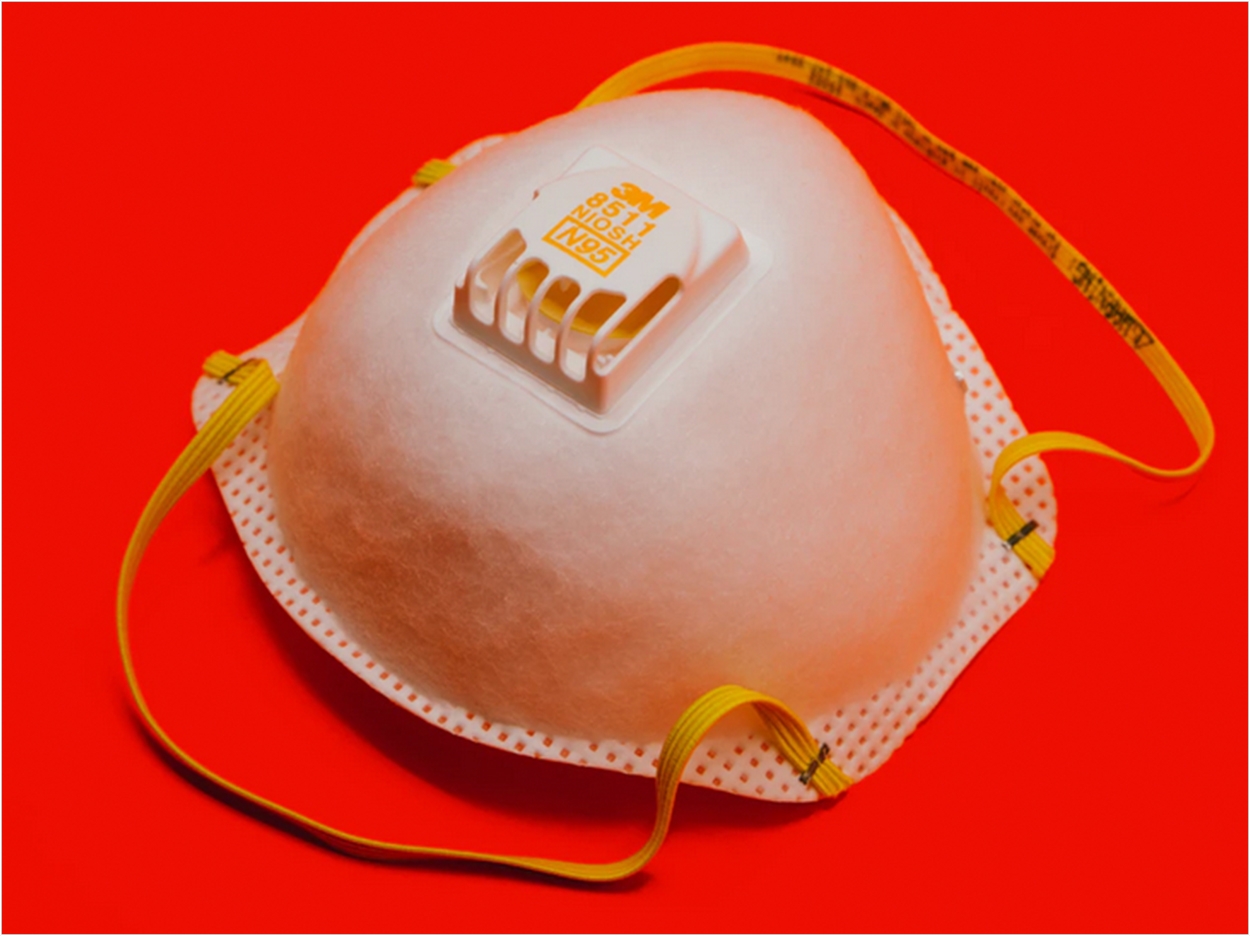
The US Department of Labor Occupational Safety and Health Administration (OSHA) has issued interim enforcement guidance on reusing disposable N95 filtering face piece respirators (N95 FFRs) that have been decontaminated.
The guidance applies to workplaces where workers need respirators to protect against exposure to infectious agents that could be inhaled into the respiratory system, including during care of patients with suspected or confirmed coronavirus and other activities that could result in respiratory exposure to SARS-CoV-2.
If respiratory protection must be used and acceptable alternatives aren’t available for use in accordance with OSHA’s previous coronavirus-related enforcement memoranda, the National Institute for Occupational Safety and Health has identified available research suggesting the following methods offer the most promise for decontaminating FFRs:
- Vaporous hydrogen peroxide
- Ultraviolet germicidal irradiation
- Moist heat, such as using an oven
If these methods aren’t available, microwave-generated steam or liquid hydrogen peroxide also could be suitable.
The following methods aren’t considered acceptable unless objective data that sufficiently demonstrate their safety and effectiveness become available:
- Autoclaving
- Dry heat
- Isopropyl alcohol
- Soap
- Dry microwave irradiation
- Chlorine bleach
- Disinfectant wipes, regardless of impregnation (ie, chemical saturation)
- Ethylene oxide
OSHA advises employers to investigate the effectiveness of any particular decontamination method used for the specific filtering facepiece respirator model to be decontaminated. Employers should be able to demonstrate the effectiveness of any decontamination method used against the likely contaminants of concern and that the method used does not produce additional safety hazards, OSHA said.
This interim guidance will take effect immediately and remain until further notice, though it is time-limited to the current public health crisis, OSHA said. Regular updates will be provided online.
Related Articles
CDC Releases Guidance for Non-Emergency Care
LLNL Investigating Inexpensive Methods for Sterilizing and Reusing N95 Masks
OSHA Issues Best Practices for Dental Offices to Protect Employees












